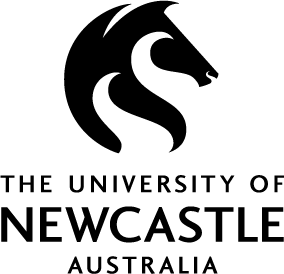Civil engineers work for construction companies, consulting firms, project management companies, transport companies and governments. You could specialise in:
- structural engineering - design buildings, bridges, airports, railways, and towers, and the suitability of materials for infrastructure projects
- water engineering - design and manage water supply, control and treatment systems
- transport and traffic engineering – plan, investigate and optimise transport systems
- geotechnical engineering - design foundations, support structures, assess stability of slopes and tunnels.
Civil engineering is flexible and diverse. You might prefer to work onsite, in design and development, or a leadership role managing people and projects. Typical positions include:
- civil engineering designer
- structural engineer
- geotechnical engineer
- transport systems engineer
- stormwater engineer
- urban development engineer
Remarkably, engineering is the most commonly held degree among the highest performing Fortune 500 CEOs – the CEOs of companies such as Google, Microsoft, Amazon and Tesla Motors are all engineers.
